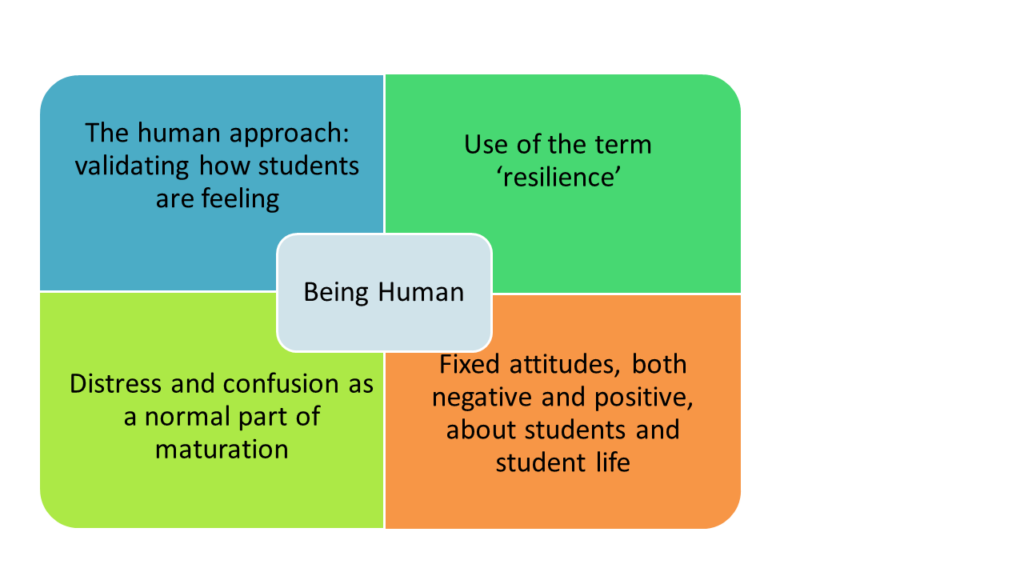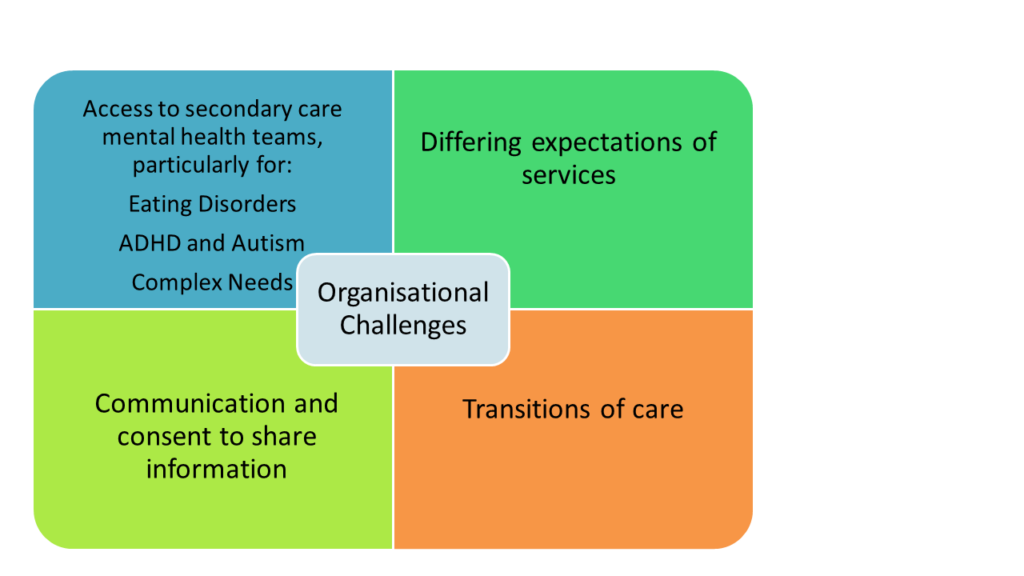Why focus on student mental health?
We know that students have been under pressure recently and experienced a lot of change. This may have affected their mental health. Universities are focusing on the mental wellbeing of their students, and we are keen to learn more, share good practice and explore how we may work together.
What did we do?
We wanted to gather information around student mental health in Oxfordshire, Berkshire and Buckinghamshire to see if the AHSN can support and /or add value. Our initial work was to meet key stakeholders and collect information using some structured questions. We met with student representatives, staff from universities, NHS mental health staff, GPs and voluntary sector organisations.
Why did we meet with stakeholders?
Meeting with key stakeholders should help us to identify and focus on any aspects of student mental health where improvements could be made, for example in particular services or the interface between them, and potentially bring people together for workshops/sharing events.
Key areas we are interested in:
- What is currently available for students?
- What is working well?
- What is working less well and what are the areas of concern? Including any challenges or barriers
- What might make things better?
What did we learn?
We met 32 stakeholders and asked them structured questions about student mental health. We then analysed their responses, from which three main themes emerged. The full report can be downloaded here or by clicking on the image, right.
Being human
Being human revolved around both acknowledging the human experience, the ups and downs of life for students and that support can be given by anyone through taking a human approach.
Recently emerging themes
Recently emerging themes were those brought about through the pandemic and technological advancements.
Organisational challenges
There were large themes around organisational challenges that are long standing and potentially the most intractable issues. The majority of these issues raised were discussed not just in relation to students but in general for anyone accessing mental health care.
What next?
We are held an online event on 30th September 2022, to bring together stakeholders to discuss how we might develop the offer to university students within the Thames Valley with input from a variety of speakers. A recording of the event and further information is available here or the navigation tab on the right.
If you would like to contribute or for more information please contact Hayley Trueman: Hayley.trueman@healthinnovationoxford.org





